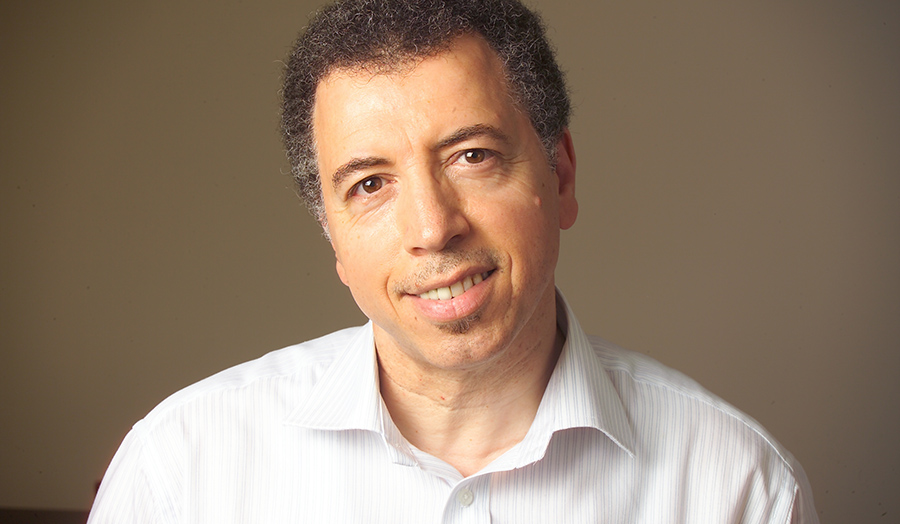Dr Chahid Fourali, course leader of London Met's Business Management and Marketing BA (Hons) degree, has released a new book on social marketing.
Date: 08/09/2016
London Met would like to congratulate Dr Chahid Fourali, our Business Management and Marketing BA (Hons) course leader who has recently published his new book The Promise of Social Marketing: A Powerful Tool for Changing the World for Good.
Social Marketing is associated with any social interest where human needs override commercial ones. There is a continuous ongoing debate regarding the nature of marketing and if it is possible to adapt both commercial and social objectives.
Routeledge says, “the aim of this book is to introduce the reader to an approach that is developing into a promising and a rich new science, currently known as Social Marketing. It is a tool that brings hope to improving the world for good.”
Chahid’s book recently had a pre-launch at the University of Oxford where he spoke about the benefits of social marketing. We caught up with Chahid to find out more about his new publication.
Why social marketing?
I chose to write the book because I thought this is an amazing new discipline that can help improve the human condition, but it is not that well known. Those who do know it are the marketers, but they are usually too busy with commercial marketing, where profit is king and everything else is secondary. In reality, marketing is a tool, and like any other tool it can be used for good or bad. The result will simply depend on how it is used.
Social marketing is about using the powerful techniques of marketing (already well known!) and apply them to social ills such as obesity, smoking, teenage pregnancies, bullying, environmental degradation and conflict resolutions. In particular, conflict resolutions ranging from domestic violence to international conflicts are very promising areas for applying SM.
However, it is clear that such issues are too important to be exclusively left to the expertise of social marketers. The book aims to introduce the tools used by social marketers to all those interested in helping improve our social and environmental conditions, so that they too may be more effective in tackling these issues.
Why is social marketing so important to our student’s education?
The book helps students realise that marketing is not just about maximising commercial profits. This is particularly good news for the many students who are perfectly aware of our social problems, but may feel helpless about their capacity to make a difference. They have been accustomed to the cliché about marketers whose role is just to "sell, sell, sell", irrespective of the long-term effect on our societies and the values and attitudes this reflects.
The book introduces them to a new face of marketing where many serious social ills are effectively dealt with, thereby helping large sections of our societies lead better, more worthwhile lives. The book should empower our students to believe they can make a difference.

